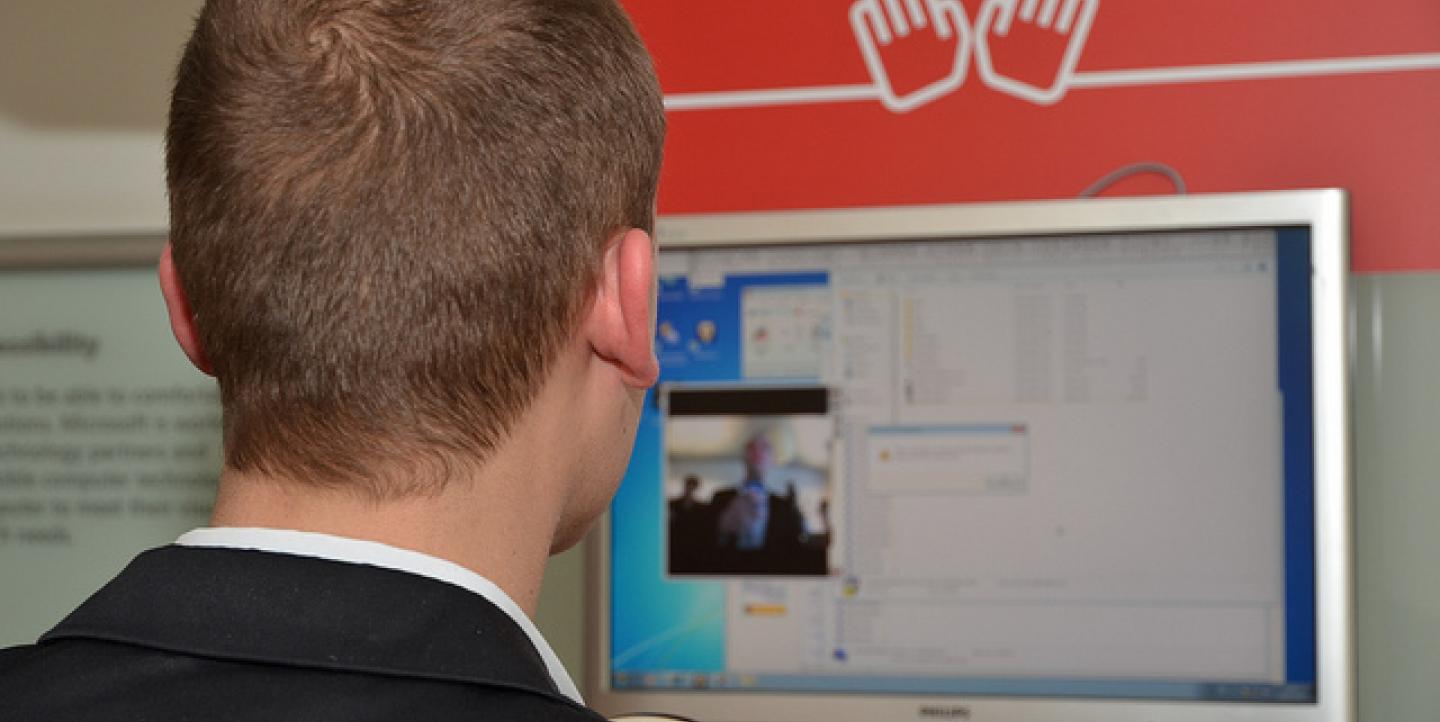Not long ago, a controversial story might result in a few phone calls or letters to the editor. Now readers send in angry comments by the dozens with just a click-and that has some popular U.S. news sites changing the rules.
National Public Radio (NPR) recently changed its commenting guidelines to “reduce spam and encourage civility” on its website, warning readers that they will “more aggressively moderate” comments appearing on the site.
The new policy comes after editors noticed an uptick in the spam as well as “individuals who participate simply to anger or insult other members” in its 450,000-member community.
Since March 2, every comment made on the site will be reviewed by a moderator, resulting what NPR estimates will be a 15-minute lag in posting them.
The move follows those of other U.S. news organizations that are trying to encourage reader engagement while keeping discourse civil. Some, like The New York Times, have a small staff of part-time moderators.
Others, like The Huffington Post, rely on a 30-person staff of moderators and a computerized system that red flags words and phrases to create some order out of the chaos of the 4 million comments it receives every month. The semantic analysis engine (also known as JuLiA) was the first acquisition HuffPo ever made.
To avoid anonymous commenters, the San Jose Mercury News now requires readers to link their accounts to their Facebook identities.
"The quality improved right away," Randall Keith, the director of digital content told the LA Times. "The discourse got more civil."
Perhaps unsurprisingly, some readers are unhappy with these new policies. As commenter G Thrasher (HoodKing) wrote of NPR's new policy:
“This is offensive and borders on private censorship. This posturing makes me want to puke and begin my own campaign her in Detroit of not funding NPR and my local WDET outlet.”
As journalists, do you think readers comments should be monitored more or less?
Nicole Martinelli is IJNet's English-language editor and community manager

